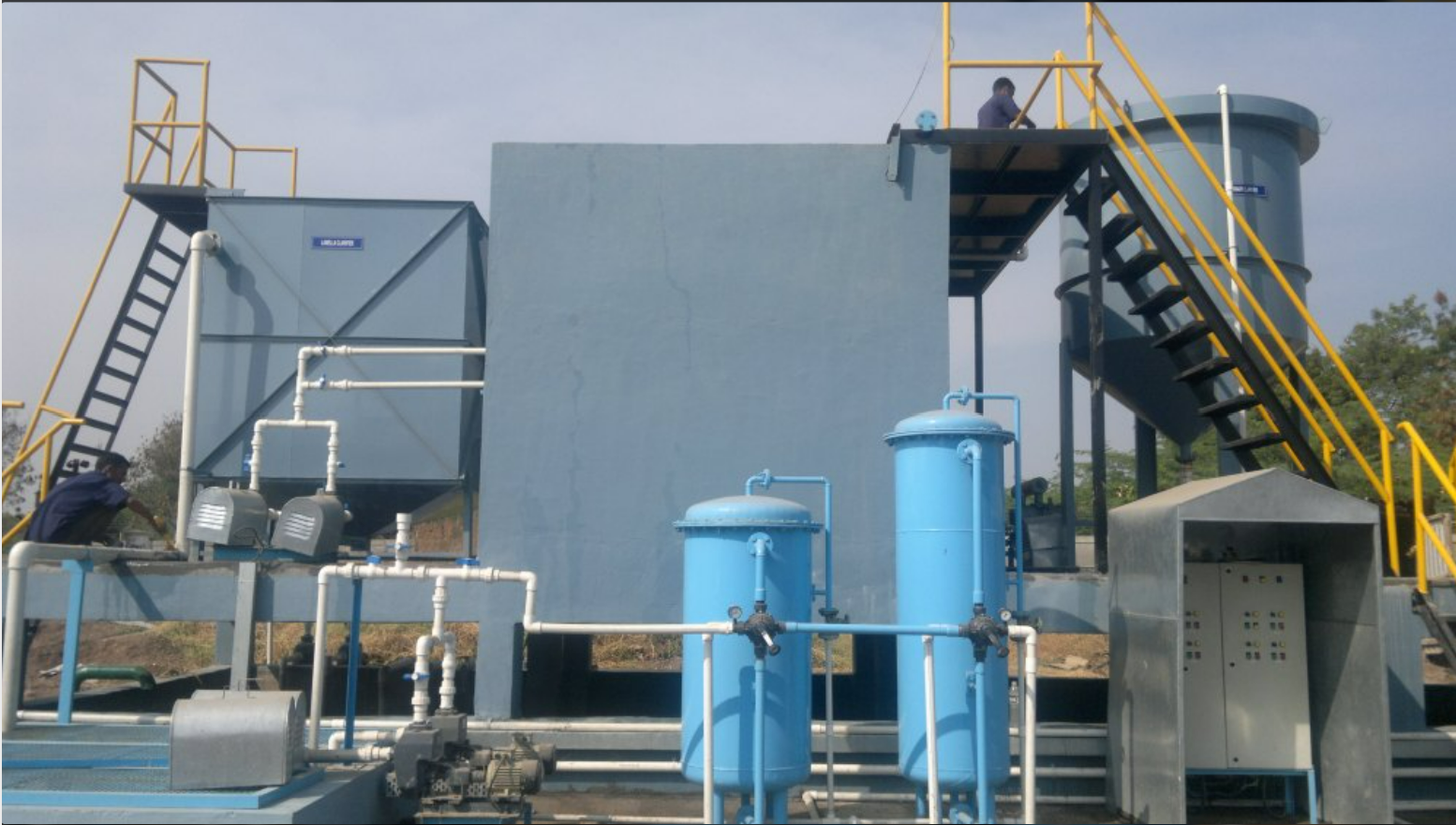An Effluent Treatment Plant (ETP) is designed to treat industrial wastewater to remove
contaminants and pollutants before it is discharged into the environment or reused. Here is an
overview of the purpose, uses, and application areas of Effluent Treatment Plants:
Purpose :
- Pollution Control : The primary purpose of an ETP is to control pollution
by treating industrial wastewater to remove harmful pollutants and contaminants.
- Environmental Protection : ETPs help protect the environment by treating
wastewater before it is discharged into water bodies, reducing the impact on ecosystems
- Compliance : ETPs help industries comply with environmental regulations
and standards regarding wastewater discharge.
- Resource Conservation : ETPs can also help in resource conservation by
treating and reusing wastewater for non-potable purposes, reducing the demand for
freshwater.
Uses and Application Areas:
- Industrial Applications : ETPs are used in various industries such as
chemical,
pharmaceutical, textile, food processing, and manufacturing to treat wastewater generated
during production processes.
- Municipal Wastewater Treatment : ETPs are used in municipal wastewater
treatment plants
to treat sewage and other wastewater before it is discharged into water bodies or reused.
- Recycling and Reuse : ETPs can treat wastewater for recycling and reuse in
industrial
processes, irrigation, and other non-potable purposes.
- Water Conservation :ETPs can help in water conservation efforts by treating
and reusing
wastewater, reducing the demand for freshwater sources
- Environmental Remediation : ETPs can be used in environmental remediation
projects to
treat contaminated groundwater and industrial effluents.
Overall, Effluent Treatment Plants play a crucial role in controlling pollution, protecting the
environment, and conserving resources by treating industrial wastewater before discharge or
reuse
